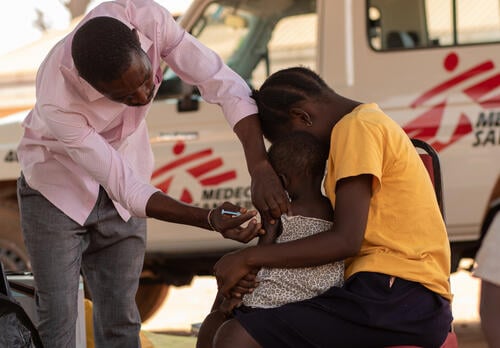Yellow fever is an acute haemorrhagic infection transmitted by the bite of a mosquito. There is no specific treatment for it. A number of severe outbreaks around the world in the 19th and 20th centuries led to the development of a highly effective vaccine. Systematic vaccination campaigns have considerably reduced yellow fever epidemics but sub-optimal vaccination coverage across several countries in Africa has allowed new outbreaks of the disease to emerge.
Most people only develop a mild form of the disease, with symptoms including fever, headache, muscle pain and nausea. After three or four days, they start to recover. But a small percentage of people enter a second phase that can be fatal.

13,000
13,
Quick facts about yellow fever

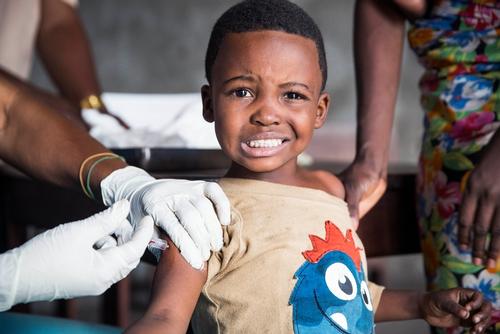
In 2016, we vaccinated more than a million people in DRC as part of the Ministry of Health’s response to an outbreak that began in Angola. The outbreak exposed the fragility of the vaccine supply. More than 10 million people needed to be vaccinated, but only six million doses of the vaccine were available globally, and manufacturers could only produce three million doses a month. A decision was taken to administer a fraction (one-fifth) of the normal dose, with the aim of giving enough protection to last until the end of the outbreak and possibly longer.


Deploying the highly effective yellow fever vaccine is key to preventing further outbreaks. But the supply of the vaccine is limited and must be used efficiently. Efforts are being made to replenish the global stockpile but there are concerns that global supplies could be depleted if a large outbreak ignites.

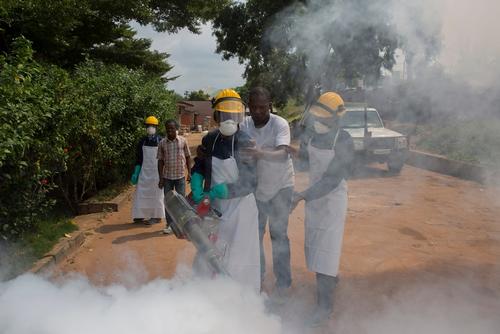
Yellow fever is difficult to diagnose, especially during the early stages. More severe cases can be confused with severe malaria, leptospirosis, viral hepatitis, other haemorrhagic fevers, infection with other flaviviruses (e.g. dengue fever), and poisoning. Blood tests can sometimes detect the virus in the early stages of the disease. In later stages, laboratory testing to identify antibodies is needed, which is not readily available in resource-limited settings and in many countries.

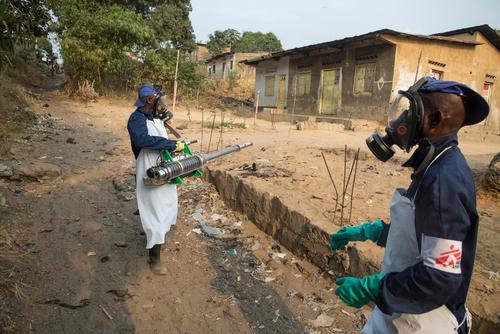
Vector control - methods used to limit or eliminate any insect, bird or mammal that transmits a disease pathogen - is essential to preventing infection and reducing transmission. As mosquitoes are the vectors of yellow fever, larvicides are applied to potential breeding sites and insecticides are sprayed to eliminate adult mosquitoes.
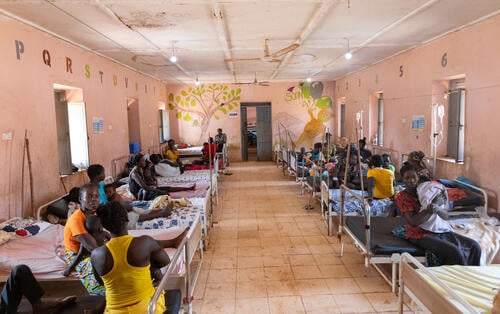
Urgent vaccination campaign needed to halt deadly measles outbreak in Western Equatoria state
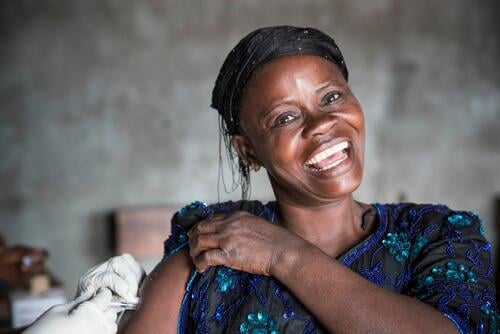
Fractioning doses of yellow fever vaccine can help save more lives
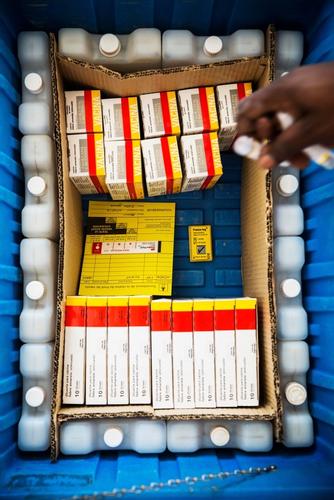
MSF mobilises hundreds of workers for massive yellow fever vaccination campaign in Kinshasa
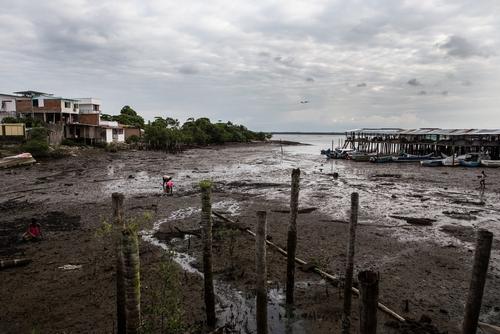
Malaria caused by the falciparum parasite spreading throughout country

Hunting down mosquitoes to combat yellow fever
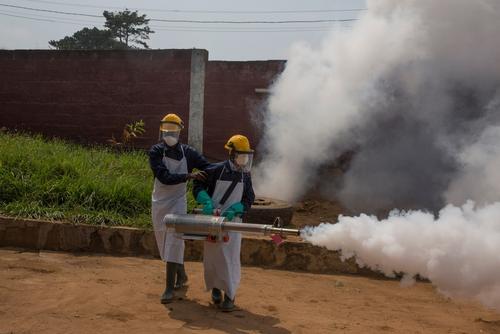
Yellow fever: Everyone needs to remain vigilant and responsive to avoid an explosion
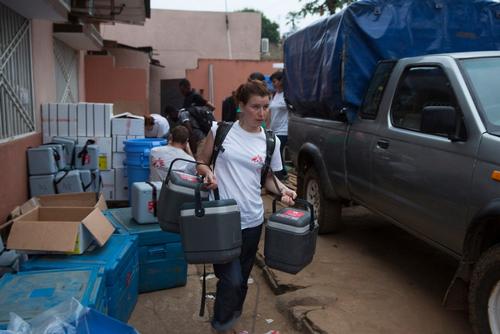
MSF teams help curb yellow fever
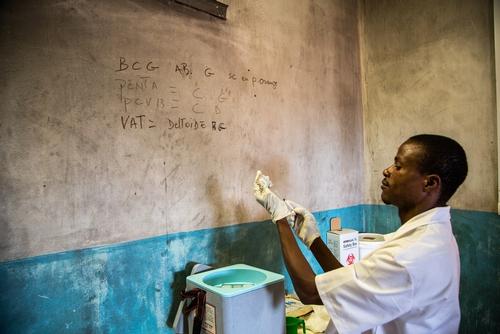
High vaccine prices hamper immunisation efforts in Africa, but are missing from agenda of key vaccination conference

Mass vaccinations against yellow fever

MSF Field Research
We produce important research based on our field experience. So far, we have published articles in over 100 peer-reviewed journals. These articles have often changed clinical practice and have been used for humanitarian advocacy. All of these articles can be found on our dedicated Field Research website.
Visit site


